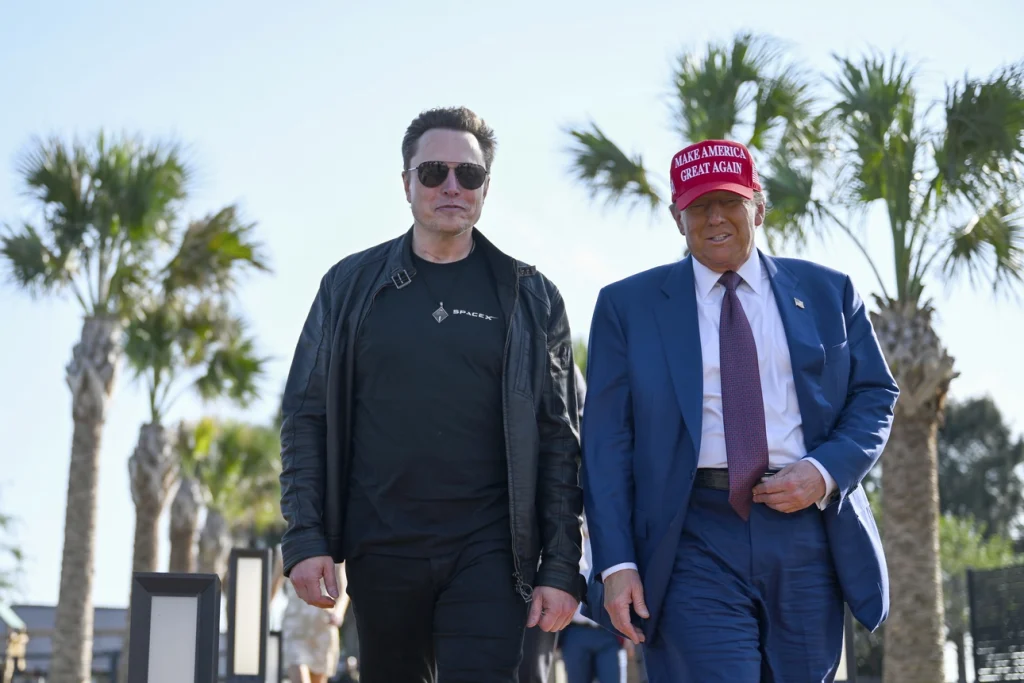
Explore Elon Musk and Vivek Ramaswamy's DOGE initiative to reduce U.S. debt, cut wasteful spending, and improve government efficiency.
The Department of Government Efficiency (DOGE), spearheaded by Elon Musk and Vivek Ramaswamy, aims to tackle U.S. debt, reduce government size, and combat wasteful spending. Their ambitious goals are sparking debates about feasibility and political impact.
What is the DOGE Initiative?
The DOGE project focuses on addressing inefficiencies, such as unused federal buildings and outdated technology, while targeting improper payments like the $247 billion reported in 2022. However, its broad objectives face legal and political challenges.
Challenges in Balancing Efficiency and Governance
Musk and Ramaswamy’s vision includes dramatic cuts, but achieving this requires consensus on tax and spending priorities. Critics argue that efficiency must serve broader societal goals, not just budget reductions.
Learning from History: The Grace Commission
The 1980s Grace Commission aimed for similar reforms but failed to implement most recommendations. DOGE’s executive action approach, however, sets it apart, aiming for quicker results without Congressional approval.
Political Backing and Publicity
Prominent figures like Senator Joni Ernst and Representative Marjorie Taylor Greene support DOGE’s $2 trillion savings goal. Ramaswamy and Musk’s involvement also brings significant publicity to potential cuts, leveraging Musk’s vast social media following.
Future of DOGE
Despite its ambitious plans, DOGE’s success hinges on collaboration with lawmakers and the Trump administration. The initiative’s long-term viability will become clearer with Trump’s upcoming budget proposal.











